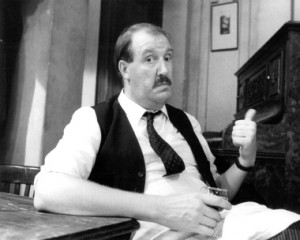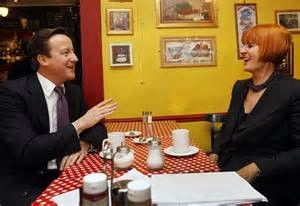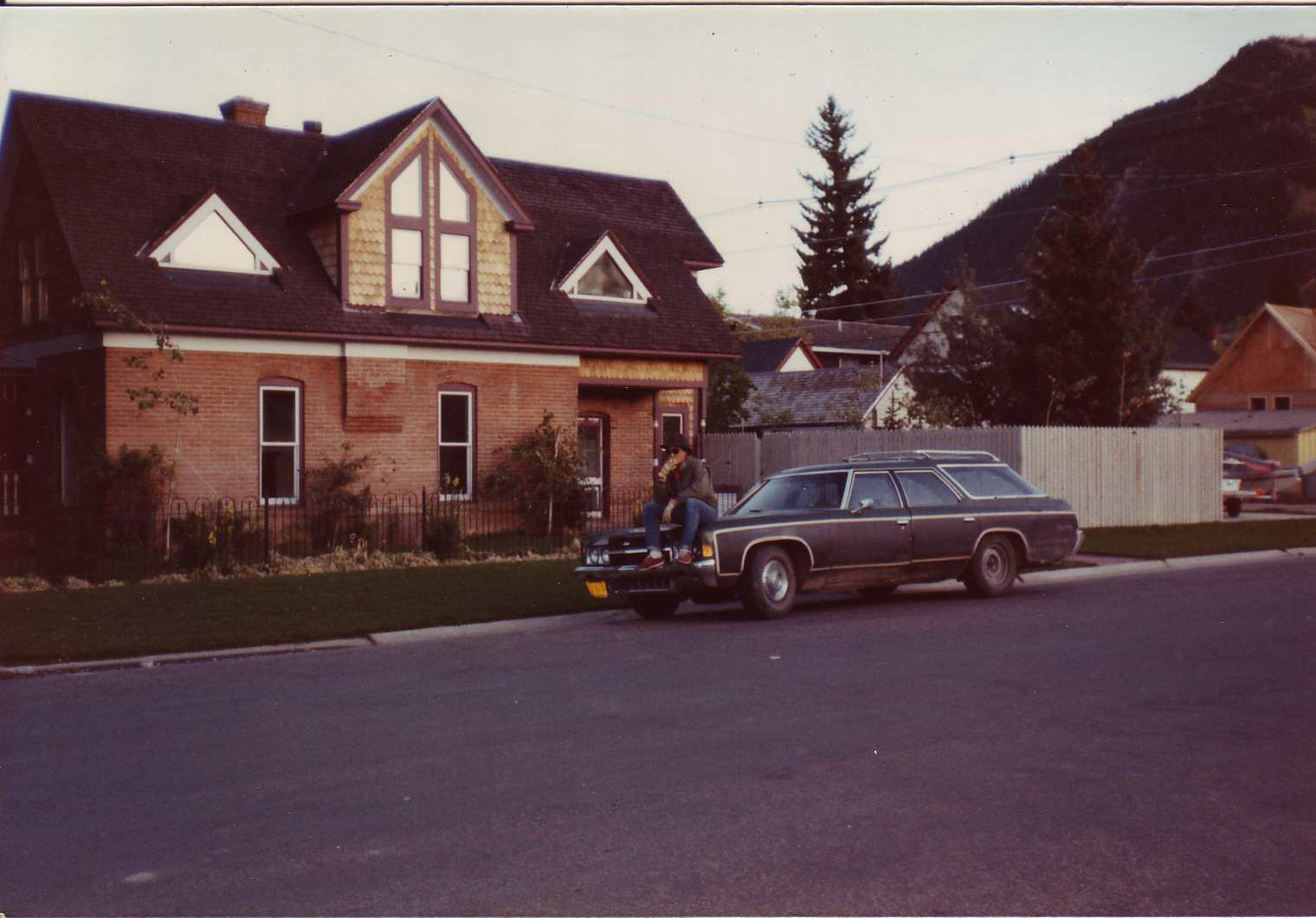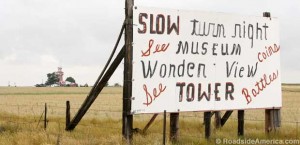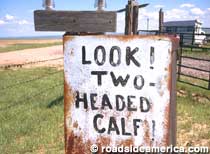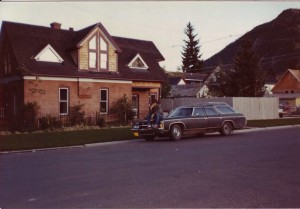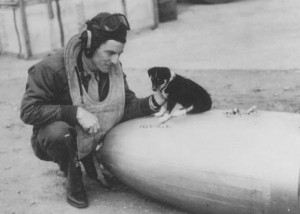It was raining pretty much all day from the time we got to the little town to the time we got back to my house, through three cups of tea and cheese buying and wandering around charity shops and marvelling that the Edinburgh Woolen Mill, a place which isn’t in Edinburgh and mostly seems to sell 100% acrylic jumpers is still open.
My friend decided against going in. As she said, “I’ve got another thirty years before I do that.” I didn’t tell her I’d been in earlier to see if there was anything to waste money on. Best not, given the difference in our ages.
I bought some Pecos from Spain and some Ossau-Iraty, then we wandered to another little shop where second-hand, or once-read books were 50p each. I bought a couple, Wildlife in America, the 1959 Beatnik proto-environmentalist set text, and The Day of The Jack Russel, because I could do with something silly and funny with a knowingly ironic title, because a) it’s pouring outside and b) that’s what I’m like. As we were leaving, after my friend found she couldn’t buy the chairs she wanted without the table she didn’t and after she’d bought an oil lamp which then needed us to tour the hardware shops to find lamp oil (found it) and a lamp chimney we had to go to a chandlery in Southwold for, ten miles away, where they ordered it, the old man behind the counter said the magic words:
“If you like books, there’s more upstairs, round the corner.”
The Bitter Road To Freedom
And there were. Thousands of them. Piled in old bookcases, stacked in cardboard boxes, most of them paperbacks and none over £1. Steinbeck’s Travels With Charley joined Collins Easy Learning German Dictionary joined Liberation: The Bitter Road to Freedom, Europe 1944-45 . Those five cost £3.50. Half what I paid for MacDonogh’s After The Reich on Amazon yesterday, and a million times more fun buying them, truffling around a forgotten room in a backwater town with a good friend in the rain.
I’d been in a bad mood that morning, wondering if any of these job interviews would come to anything, wondering if I should bother going to one in London when I’d either have to commute five hours a day or rent some crappy flat in one of the most expensive (but still crappy) parts of London, neither of which options sounded great. I got her to stop at a farm shop so I could get some bread and when I came back to the car gave her the little primrose I’d seen in a plastic pot, to say I was sorry for being such a pain earlier. She said “that’s alright,” and put the pot in the cupholder on the dashboard. “It fits very well, doesn’t it?”
Both of us have wondered where our lives are going over the past year. Today I realised how truly lucky we are. Nobody knows what’s going to happen tomorrow. Nobody at all, no matter what they’re paid or what they know or however much they’ve trained, however much they need to know exactly what’s going to happen. For all they know, some people are going to wake up dead. And today, for all that we didn’t save the world or cure cancer or do anything anyone else might think of as useful, we were alive and free to walk around a bookshop with the rain pouring down outside.
So many people aren’t. So many people never will be. The title of this self-indulgence comes from an old Arab poem by Omar Kyyaham, a man who didn’t love an electric shaver so much he bought the company. It probably was, anyway. I don’t speak any brand of Arabic so I have to rely on Edward Fitzgerald’s translation, although lots of his stuff sounds suspicioulsy like Fleetwood Mac:
Yon rising Moon that looks for us again-
How oft hereafter will she wax and wane;
How oft hereafter rising look for us
Through this same Garden – and for one in vain.
We drove back to my house and totally failed to get the desk I’d bought through the tiny door of my cottage. She said it was a pity.
“But you know, it would all be much nicer if you tidied up a bit. Threw some stuff away. Sorry. Maybe it’s not for me to say. If you want, I’ll help you on Sunday. I can’t do it on Saturday. I’ve got the Shoot Dinner to do. But I can do it Sunday morning.”
It’s how we live, here. Now. Sometimes it seems almost blessed.

